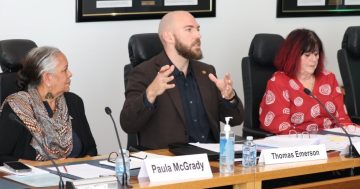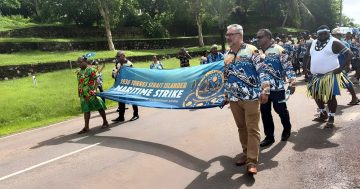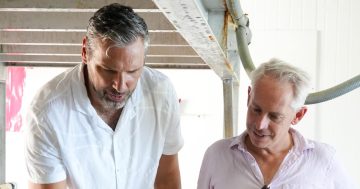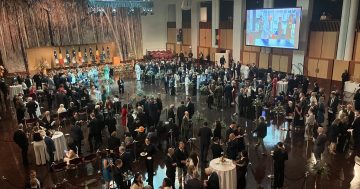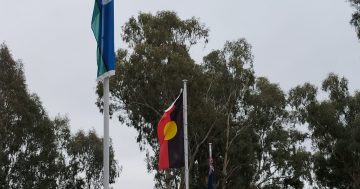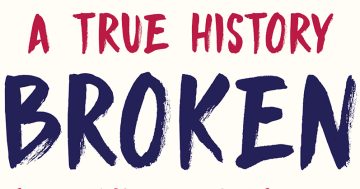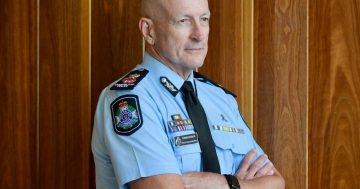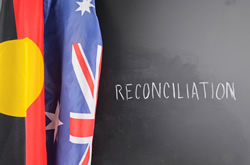 The Minister for Aboriginal and Torres Strait Islander Affairs, Rachel Stephen-Smith has issued an invitation to everyone in Canberra to come together in Glebe Park in Civic on Monday week (28 May) to celebrate Australia’s first Reconciliation Day.
The Minister for Aboriginal and Torres Strait Islander Affairs, Rachel Stephen-Smith has issued an invitation to everyone in Canberra to come together in Glebe Park in Civic on Monday week (28 May) to celebrate Australia’s first Reconciliation Day.
Ms Stephen-Smith said the event will feature national and local artists, Aboriginal and Torres Strait Islander history and cultural activities, food trucks, the blues and roots band Busby Marou and Canberra’s Lucy Sugerman.
She said the young Ngunnawal Dancers and the Wiradjuri Echoes would be among other acts to feature on stage during the day.
“Everyone will get the opportunity to learn more about Aboriginal and Torres Strait Islander histories and cultures and the importance of reconciliation with events, including bush tucker and boomerang activities, ranger talks and displays, story-telling, children’s art and the opportunity to meet Reconciliation Ambassadors,” Ms Stephen-Smith said.
“Reconciliation Day falls during Reconciliation Week, which is celebrated across Australia from 27 May to 3 June, to commemorate two significant Reconciliation milestones, the 1967 Referendum and the High Court Mabo decision.”
She said this year’s theme, which had also been adopted for Reconciliation Day, was Don’t Keep History a Mystery.
“Australians are encouraged to learn more about the impact of past policies and practices, explore Aboriginal and Torres Strait Islander histories and culture, and in doing so develop a deeper understanding of our national story,” Ms Stephen-Smith said.
She said the Government was also supporting a range of Reconciliation Day events across Canberra through the Reconciliation Day Grants Program.
The events included cultural tours at Jerrabomberra Wetlands; Tuggeranong Arts Centre’s screening of the documentary, Zach’s Ceremony; a Tuggeranong Netball Association Reconciliation round; and an event hosted by the Kara Buai Torres Strait Islander Corporation.
Ms Stephen-Smith said a Reconciliation Day flowerbed had been planted on Vernon Circle in the city featuring a design with colours from the three Australian flags and the Ngunnawal word Galambany which means “we, including you”.
She said Galambany was a word that aimed to celebrate, embrace and unite the community and the nation.


